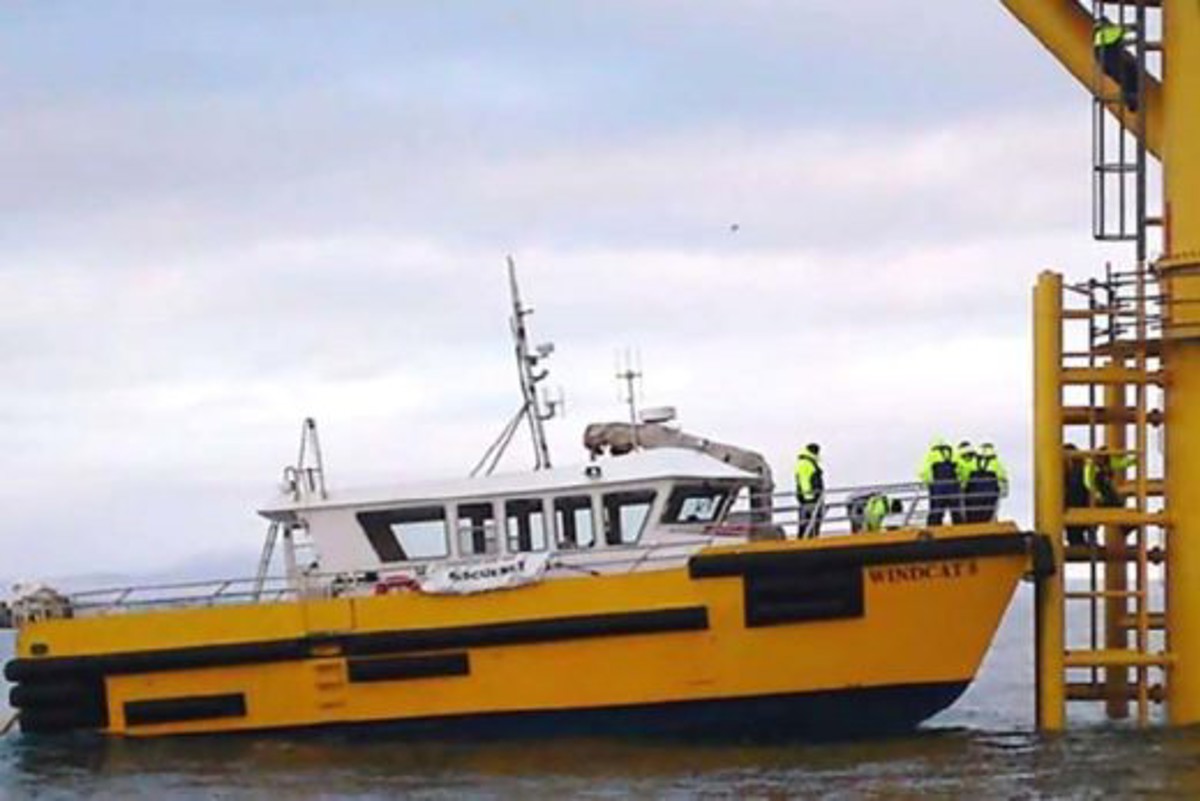Catastrophic Engine Failure Resulting in A Fire on A Crew Transfer Vessel
- Safety Flash
- Published on 19 March 2018
- Generated on 3 March 2026
- IMCA SF 06/18
- 1 minute read
Jump to:
The UK Marine Accident Investigation Branch (MAIB) has published its report into an engine failure and subsequent fire on board the crew transfer vessel Windcat 8, which occurred offshore Lincolnshire, UK, in September 2017.

What went wrong? What were the causes?
There was a catastrophic engine failure and subsequent fire on the 15 metre windfarm crew transfer vessel (CTV). The engine damage was caused by a big end bearing failure.
There were no injuries to the two crew or the 12 embarked wind turbine technicians. The fixed firefighting system was operated, but it was ineffective because not all the engine space vents had been closed. The fire caused only minor damage and eventually extinguished when it ran out of fuel.
Recommendations
The MAIB recommended that training and guidance be provided to CTV crews on the action to be taken in the event of critical propulsion alarms, and to ensure they are familiar with the use of fixed fire-fighting systems.
The full report from MAIB can be found here.
Related Safety Flashes
-
IMCA SF 09/15
23 June 2015
IMCA Safety Flashes summarise key safety matters and incidents, allowing lessons to be more easily learnt for the benefit of the entire offshore industry.
The effectiveness of the IMCA Safety Flash system depends on the industry sharing information and so avoiding repeat incidents. Incidents are classified according to IOGP's Life Saving Rules.
All information is anonymised or sanitised, as appropriate, and warnings for graphic content included where possible.
IMCA makes every effort to ensure both the accuracy and reliability of the information shared, but is not be liable for any guidance and/or recommendation and/or statement herein contained.
The information contained in this document does not fulfil or replace any individual's or Member's legal, regulatory or other duties or obligations in respect of their operations. Individuals and Members remain solely responsible for the safe, lawful and proper conduct of their operations.
Share your safety incidents with IMCA online. Sign-up to receive Safety Flashes straight to your email.